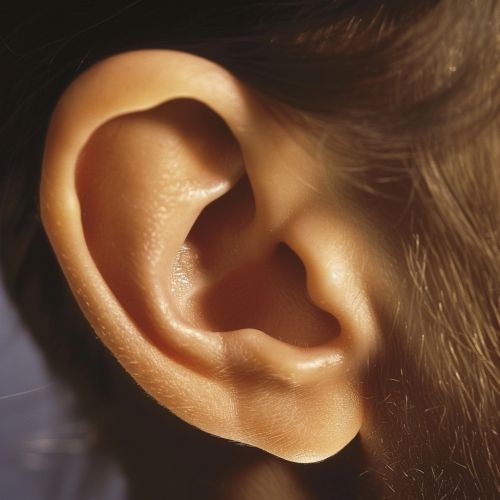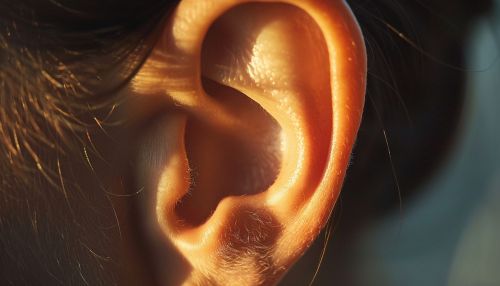Auditory Phonetics
Introduction
Auditory phonetics is a subfield of phonetics that deals with the hearing aspect of speech. It is concerned with the properties of speech sounds (also known as phonemes) as they are perceived by the human ear and brain. This field is closely related to acoustic phonetics, which studies the physical properties of speech sounds, and articulatory phonetics, which examines how these sounds are produced by the human vocal apparatus.


Perception of Speech Sounds
The process of perceiving speech sounds involves several stages. First, the sound waves produced by the speaker's vocal apparatus enter the listener's ear, where they are transformed into electrical signals by the cochlea. These signals are then transmitted to the brain via the auditory nerve. In the brain, these signals are interpreted as speech sounds.
The perception of speech sounds is not a straightforward process. It is influenced by a variety of factors, including the listener's native language, their familiarity with the speaker's accent, and the context in which the speech is heard. For example, a listener who is not familiar with the speaker's accent may have difficulty distinguishing between certain phonemes.
Phonemic Discrimination
One of the key tasks of the auditory system in speech perception is phonemic discrimination, the ability to distinguish between different phonemes. This ability is crucial for understanding speech, as different phonemes can change the meaning of a word. For example, in English, the words "bit" and "bet" differ only in the vowel sound, but have completely different meanings.
Phonemic discrimination is not innate, but is learned through exposure to a particular language. Infants are initially capable of distinguishing between all possible phonemes, but this ability narrows as they grow older and become more exposed to their native language. This phenomenon is known as perceptual narrowing.
Auditory Feedback in Speech Production
In addition to its role in speech perception, the auditory system also plays a crucial role in speech production. When we speak, we continuously monitor the sounds we produce through a process known as auditory feedback. This allows us to adjust our speech in real time to ensure that it matches our intended output.
Auditory feedback is particularly important in learning to produce new speech sounds. For example, when learning a foreign language, we rely heavily on auditory feedback to learn to produce sounds that do not exist in our native language.
Disorders of Speech Perception
There are several disorders that can affect the perception of speech sounds. These include auditory processing disorder, which is characterized by difficulty processing auditory information, and dyslexia, which is often associated with difficulties in phonemic discrimination.
Treatment for these disorders often involves speech therapy, which can help individuals improve their phonemic discrimination skills and overall speech perception.
